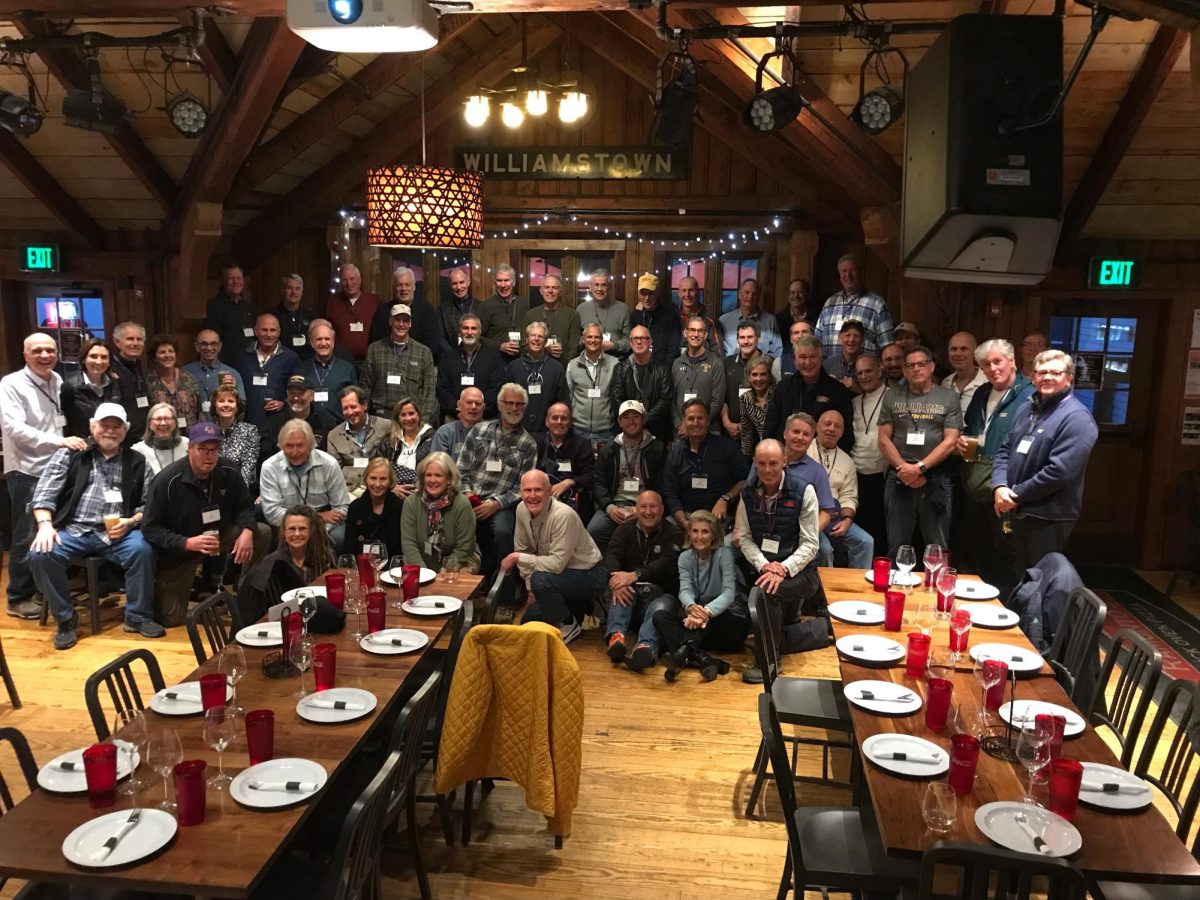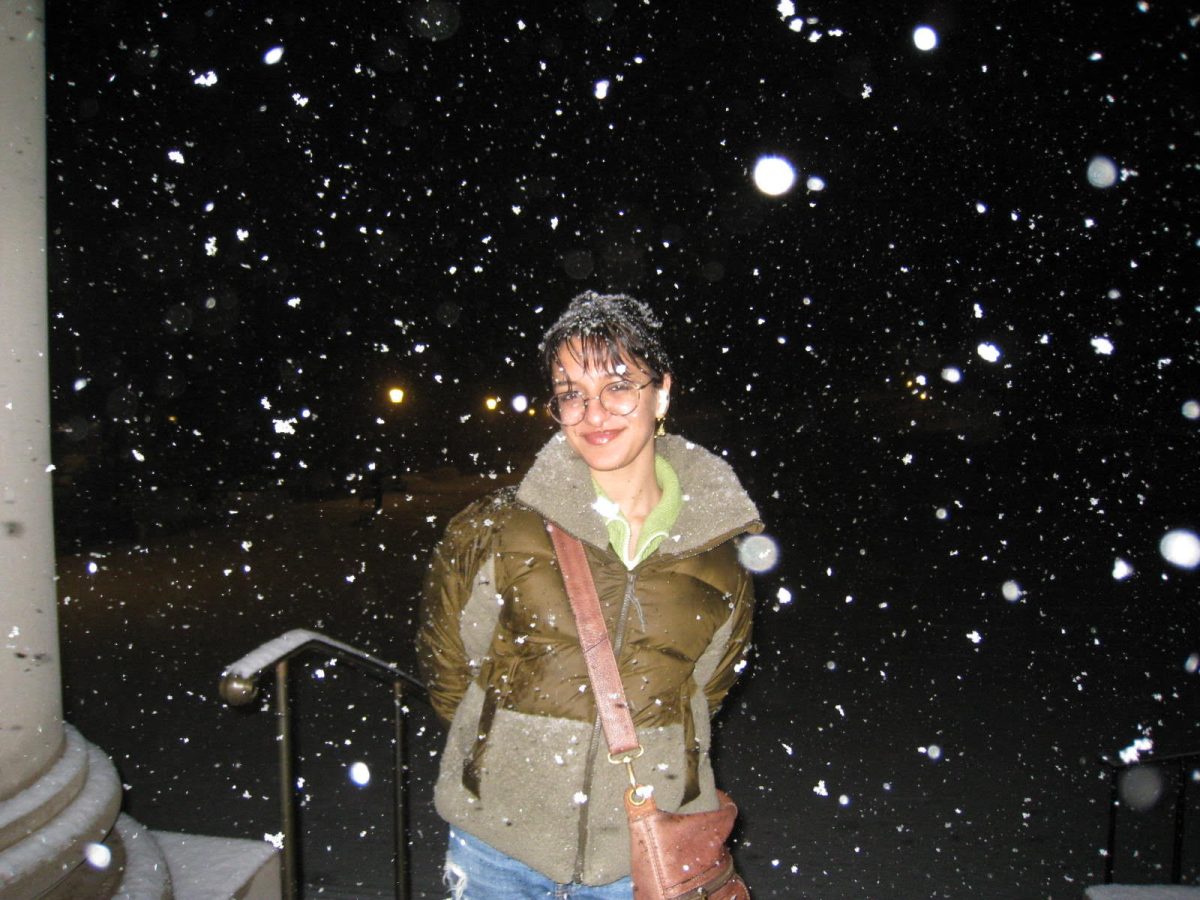
While most undergraduate students left campus after the last day of in-person classes on March 13, the 27 graduate students at the College’s Center for Developmental Economics (CDE) were all given the choice to remain even as the CDE transitioned to a remote learning model. Most of these students, who are known as CDE fellows, chose to stay.
The CDE offers a year-long master’s degree program designed for economists from low- and middle-income countries, according to the CDE website. Many CDE fellows are on leave from jobs in the governments or the central banks of their home countries. The fellows were allowed to stay on campus due to concerns that many of their employers would have insisted that they resume full-time employment upon returning, according to Professor of Economics and former chair of the CDE Gerard Caprio.
“Moreover, medical systems in lower income countries are likely to be even more overwhelmed than those in the poorest areas of the U.S.,” Caprio said.
“A new normal”
For Ebadulrahman Hashemi, a fellow from Kabul, Afghanistan, campus has been a lonely place since the closure. “Things on campus are not normal, it’s very quiet, nobody is around,” he said. “When [we] want to go to the dining hall, we have to have our masks on. It’s a new normal.”
Hashemi has been moved to Wood House, across the street from the CDE. “I am living here with another fellow; he is on the second floor, I am on the third floor,” Hashemi said. “[There are] just two people in this building.” Some other fellows were moved to Agard House to ensure that everyone has an individual bathroom and can effectively practice social distancing.
Tassha Rivera, another CDE fellow, was relieved she would not be forced to make the long journey back to her hometown of Lima, Peru. “I feel safe here,” Rivera said. “I grew up in [the] capital of a country, so I’m a city woman. But I cannot imagine me right now living in a city.” Rivera suffers from asthma and currently does not have health insurance in Peru.
Catherine Michuki, a fellow from Nairobi, Kenya, has found the transition to remote learning to be difficult. “As good as it is that Zoom allows you to have your classes, you lose that touch, that connection,” Michuki said. “We call it ‘diffusion of knowledge’ from one [student] to another. That is gone.”
“You can’t shut people down like that”
As developmental economists often working closely with the governments of their respective home countries, the CDE fellows worry about the impact that the COVID-19 pandemic is going to have back home. “The Global North’s response is not the same as the Global South’s response,” Melissa Simo, a fellow from Cameroon, said. “In the U.S., there’s a shutdown. You can’t shut people down like that in Cameroon and other developing countries.”
Michuki, who works at the National Treasury of Kenya, echoed this sentiment. She remarked that in Kenya, the government cannot provide stimulus checks to the population to enable them to stay at home. “The government does not have that kind of money,” Michuki said. “At the treasury, while we were running the budget, we were always at a deficit.”
Hashemi noted that 80 percent of Afghanistan’s economy is unregulated by the state and a significant portion of the population lives hand-to-mouth. Therefore, many people face a choice between going out to work and risking contracting COVID-19, and staying at home and not being able to put food on the table. “This affects the government’s attempts to contain the virus,” Hashemi said.
“I have time on my hands right now”
Despite the uncertainty and bleakness of the situation, the CDE fellows say they are determined to remain hopeful. For Michuki, the pandemic has increased her motivation to finish her degree and get to work. “I really want to see how we are going to tackle this,” she said. “I’m really eager to see how we’re going to balance that budget. It is sort of like a curiosity to see how we’re going to come out at the other end.”
For Simo, the current pandemic has opened up a whole new avenue of study. Simo’s past work at non-governmental organizations has centered on vulnerable groups, and she is currently taking a course and writing a paper on social safety nets. “The [pandemic] is giving me an avenue for future research on how to respond in situations like this,” she said.
Simo also values the seclusion of Williamstown and the opportunity it offers for self-reflection. “I feel like I have more time on my hands right now,” she said. “This is a once-in-a-lifetime experience, where I … don’t have any pressure on me per se; I don’t have any routine to follow. I want to go deep, [get to] know myself, try to form opinions and read the books I wouldn’t normally read in my busy schedule. So basically, it’s an opportunity for me to get to know myself.”








